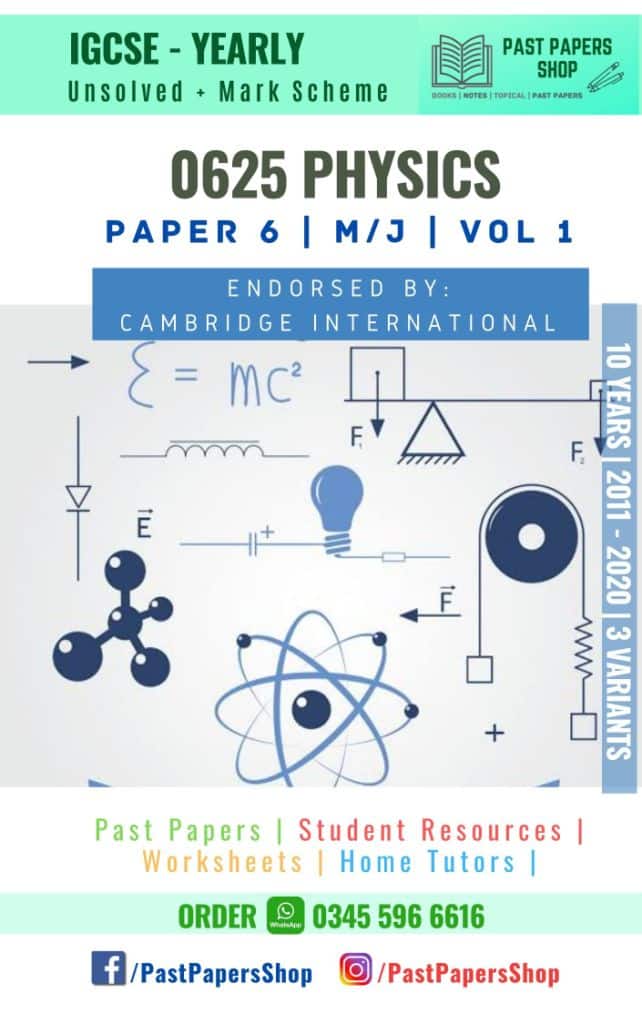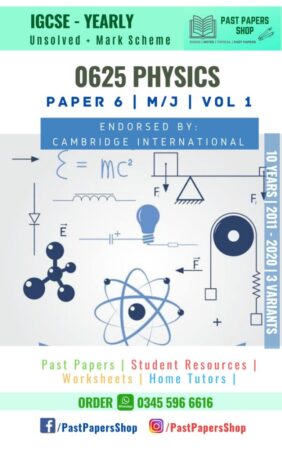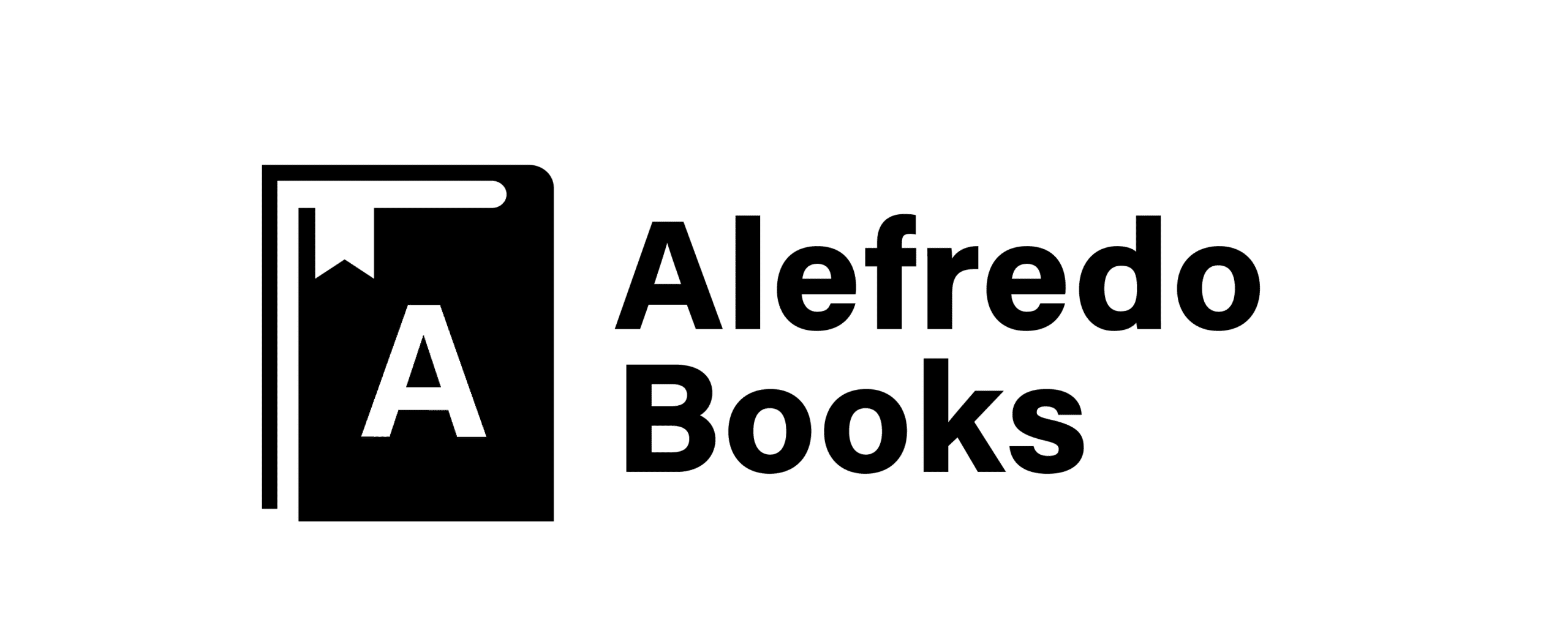
A Level Past Papers Cambridge Physics
If you are taking A Level Physics, you will be able to find past papers for all the different exam boards. You can download these past papers from the links below. You can also look for Syllabus and Exams. After you have found past papers, you can start preparing for the exam. Practice makes perfect, and there is no better way to do this than to practice them. This article will cover the different types of past papers available and explain why they are important.(A Level Past Papers Cambridge Physics)

Syll
One way to ensure you are prepared for your Cambridge exams is by studying A Level past papers. Using past papers is a great way to get a feel for the syllabus and the type of questions you will have to answer on the exam. A Level past papers cover all aspects of the syllabus and will be highly beneficial to you. The syllabus year refers to the year of examination. The exam papers will be different from one another but contain the same core concepts and problem solving techniques.
These past papers are available in different formats. Some of them contain question papers, marking schemes, specimen papers, examiner reports, and example responses. You can also download the entire syllabus from the exam boards by following the links provided below. Once you download the past papers, you can start practicing. Practice past papers is the best way to prepare for your exams. Using past papers is the best way to learn the content and pass your exams.
Exam
If you’re looking for A Level past papers Cambridge physics, you’ve come to the right place. Past papers are available for the A Level Physics subject and include question papers, marking schemes, specimen papers, examiner reports, syllabus and examples of candidate responses. You can download these from the exam boards’ websites by clicking on the links below. You can find past papers for AS and A2 physics too, and you can use them as a guide for your examination.
The Cambridge International A & AS Level Physics syllabus (9702) is incredibly extensive. This course covers the foundations of all the sciences, from the biggest topics to the tiniest particles. Because it covers so much ground, it’s no wonder it’s one of the most popular A Level subjects. However, because of its wide scope, past papers Cambridge physics are a vital tool to succeed.
Resources
A good resource for A Level Physics is the past exam papers. These provide you with an opportunity to practice exam technique and learn how to answer questions in the best way. You can choose from AQA, OCR, CIE, or Pearson papers. All of these resources will help you pass your exams with flying colours. Once you’ve mastered these past papers, it’s time to start revising for your exam!
You can also find practice questions, mark schemes, and previous A Level papers in Physics on the Physics Net site. It is not a full-blown textbook, but it contains a lot of useful knowledge for GCSE and A Level students. The site is easy to use, with a wealth of information presented in lists and small chunks. There are also some useful resources for the physics and GCSE exams available at the Department of Physics’ website.
Resources for teachers
The Resources for teachers of A Level past papers in the subject of physics are aimed at teachers who want to provide students with an accurate assessment of a syllabus. These resources are comprehensive, with a printed handbook and a subscription to Boost, which contains a variety of digital resources. They also include lesson plans and guidance, as well as sample question papers and marking schemes for practicals. The resources also contain customisable versions of all materials, including worksheets, lesson plans, and assessment tasks.
This digital resource has been designed to support teachers and students in using the series. It bridges the gap between theory and practice, ensuring that teachers can support learners, plan outstanding lessons, and teach to the syllabus. It features professional development and explanations of key ideas, approaches, and techniques. Moreover, it contains activities authored by teachers and includes comments of other teachers. The resources are available in various formats, including the CD-ROM and DVD.
Support for teachers at registered Cambridge schools
In all registered Cambridge schools, there is a school coordinator who ensures all teachers have access to the support they need. The school coordinator also plays an administrative role and manages the School Support Hub accounts of the teachers at their school. They can approve requests for additional training through the Events and Training Planner. In addition to overseeing the support of teachers, the coordinator can help with any other questions or concerns that teachers may have. Here are some tips for the coordinators of Cambridge International Schools.
Links to previous year’s exam papers
If you’re studying for the Cambridge physics examination, links to previous year’s exam papers can be invaluable resources for revision. Past papers are a key part of the Cambridge qualification, as they enable you to see what previous year’s students did and how they fared. However, they don’t provide an in-depth analysis of the syllabus and how to approach the exams. It is therefore important to use past papers wisely and prepare well before the exams.
Past paper solutions are an essential part of revision. Practice past exam papers to ensure you know exactly what to expect. You can search for answers online and find solutions to some of the toughest questions in the exam. There are several sites that offer solved past exam papers for different board exams, including A-level, AS, and IGCSE. These are classified topic-wise and further divided into physics word problems, structured theory questions, and ray diagram construction questions. Moreover, all the links to previous year’s exam papers are free and open to everyone.

Comments (0)